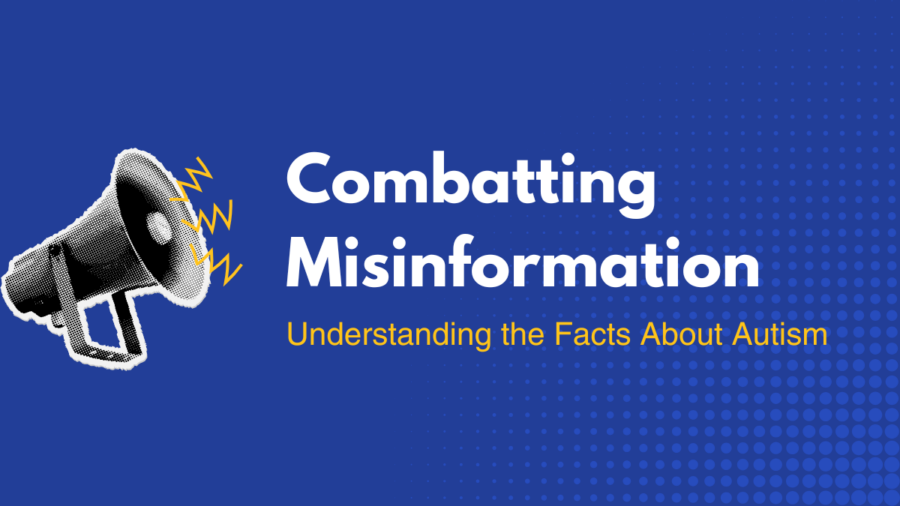In 2020, voters with disabilities were twice as likely to report difficulties voting. Only 17% of polling places were fully accessible in 2016. And more than 38 million eligible voters with disabilities could benefit from improved access. Passing the Accessible Voting Act (AVA) would be a major step towards addressing these issues.
Disability Belongs™ works to advocate for accessible voting for all Americans. At the federal level, we vigorously supported the Accessible Voting Act in the last Congress (118th) and are hoping for its reintroduction in the current Congressional session (119th). [continue reading…]


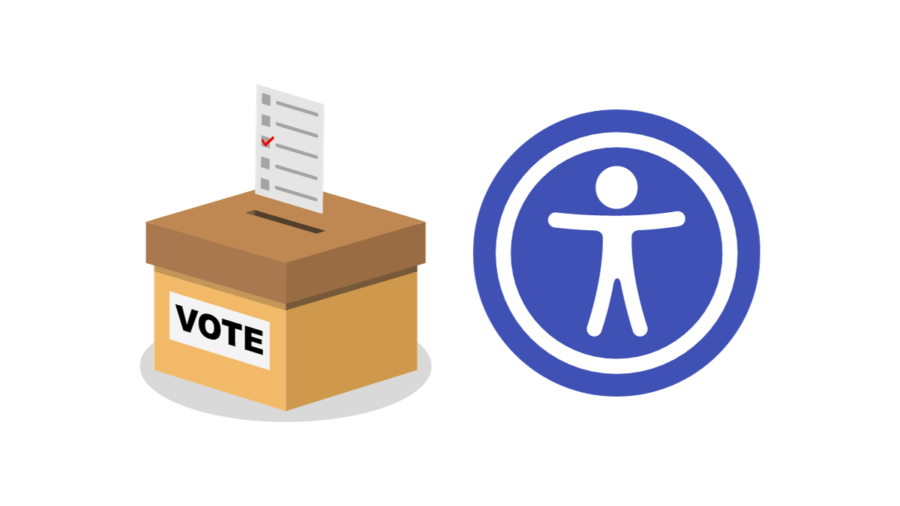
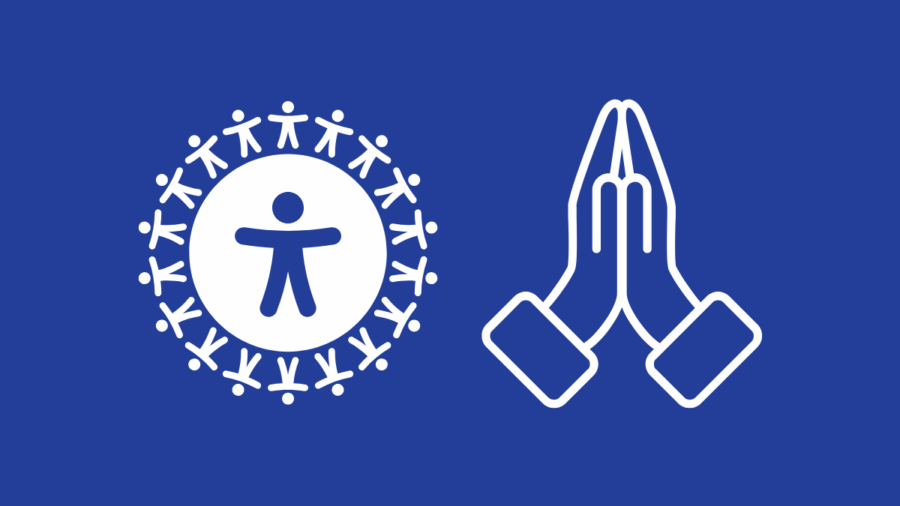
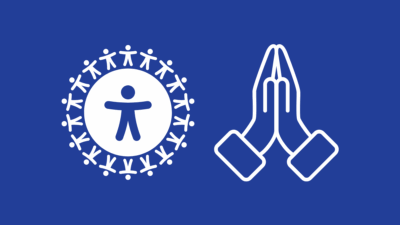 Community and belonging are central to many faith and spiritual traditions. Yet, people with disabilities face many barriers to access and inclusion. Addressing these barriers acts as a catalyst not just for participation, but for true belonging. Shifting the conversation from “can people with disabilities attend our worship services?” to “who is missing from our gatherings, and what would it take to make everyone feel seen, heard, and valued here?” demonstrates how accessibility can move beyond welcoming to create genuine belonging.
Community and belonging are central to many faith and spiritual traditions. Yet, people with disabilities face many barriers to access and inclusion. Addressing these barriers acts as a catalyst not just for participation, but for true belonging. Shifting the conversation from “can people with disabilities attend our worship services?” to “who is missing from our gatherings, and what would it take to make everyone feel seen, heard, and valued here?” demonstrates how accessibility can move beyond welcoming to create genuine belonging.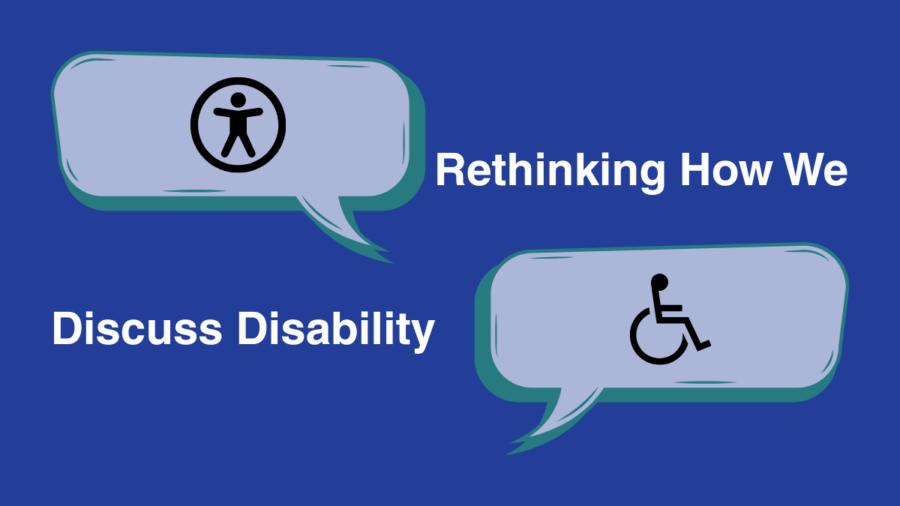
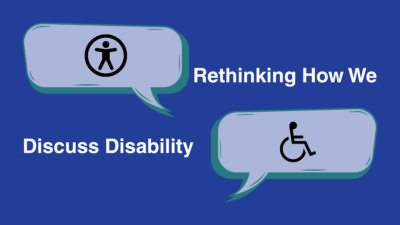 Language has the power to shape how we see each other. The words we use to talk about disability influence how people feel, how they are treated, and how fully they are included in our communities.
Language has the power to shape how we see each other. The words we use to talk about disability influence how people feel, how they are treated, and how fully they are included in our communities.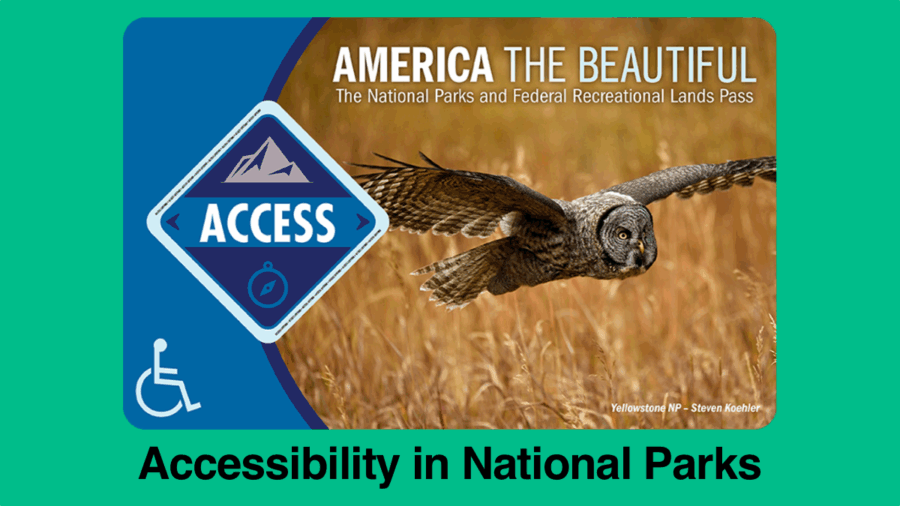
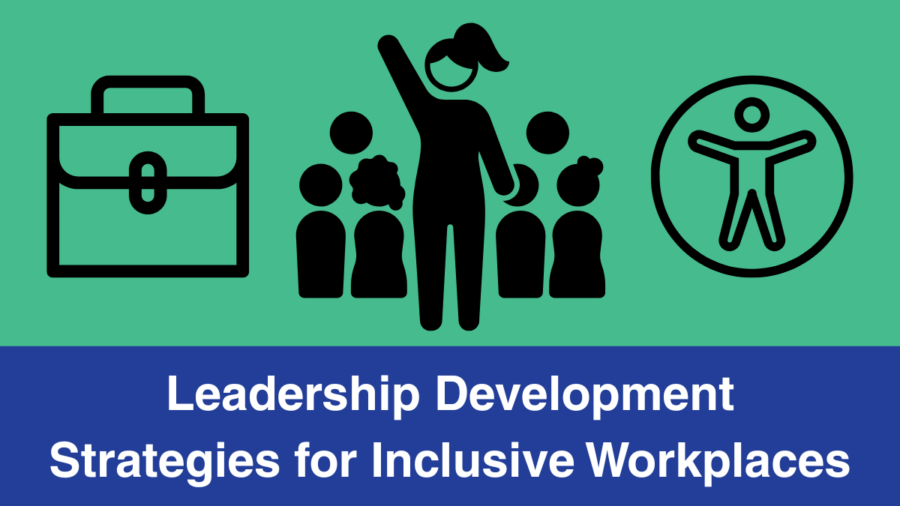
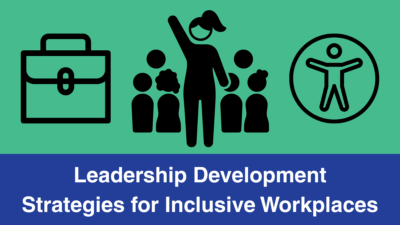 Leadership development is a critical component of every workforce. For both employers and individuals, leadership development that addresses the fundamentals as well as principles of accessibility, equity, and inclusivity are ideal.
Leadership development is a critical component of every workforce. For both employers and individuals, leadership development that addresses the fundamentals as well as principles of accessibility, equity, and inclusivity are ideal.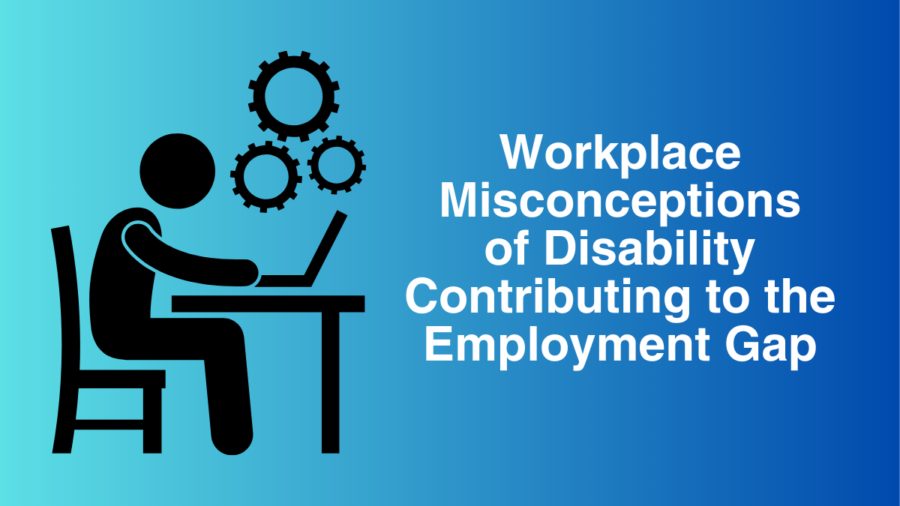
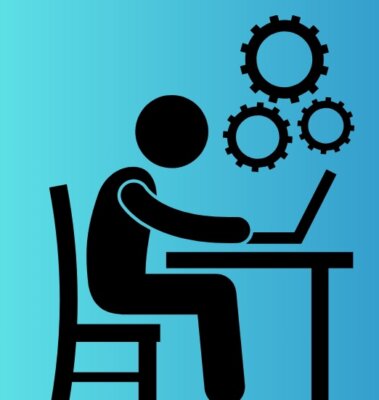 At Disability Belongs™, we fight stigmas and advance opportunities so people with disabilities can fully participate in all aspects of community life, including the workforce. Yet, disabled people still face significant barriers in finding and retaining meaningful employment.
At Disability Belongs™, we fight stigmas and advance opportunities so people with disabilities can fully participate in all aspects of community life, including the workforce. Yet, disabled people still face significant barriers in finding and retaining meaningful employment. 
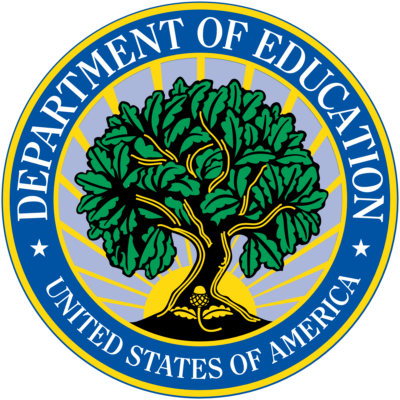 The U.S. Department of Education plays a critical role in ensuring that students with disabilities receive access to inclusive education, services, and legal protections under federal law. Recent proposals to dismantle, restructure, and defund the Department threaten to undermine decades of progress in disability rights and educational equity. This policy brief outlines the essential role of the Department of Education, the risks posed by dismantling it, and a call to action to safeguard the rights and opportunities of students with disabilities.
The U.S. Department of Education plays a critical role in ensuring that students with disabilities receive access to inclusive education, services, and legal protections under federal law. Recent proposals to dismantle, restructure, and defund the Department threaten to undermine decades of progress in disability rights and educational equity. This policy brief outlines the essential role of the Department of Education, the risks posed by dismantling it, and a call to action to safeguard the rights and opportunities of students with disabilities. 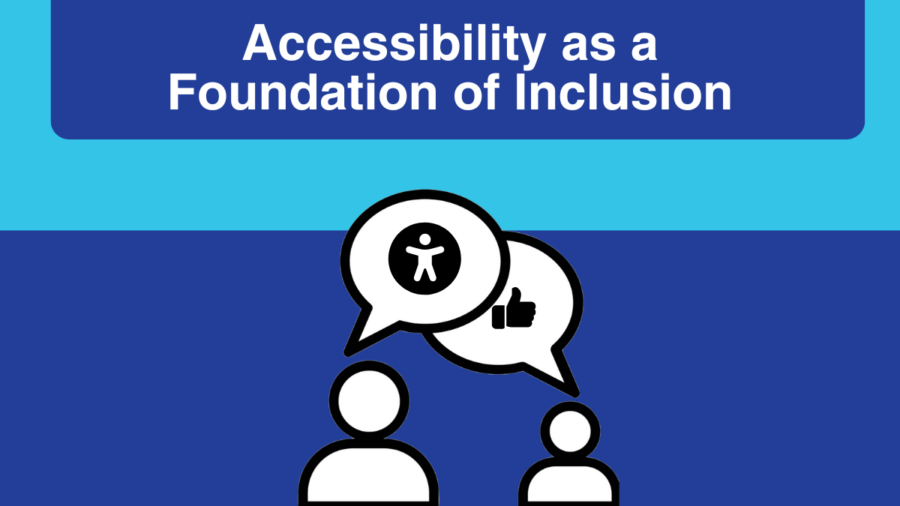
 Accessibility is not just a checklist to tick off; it is an ongoing commitment to ensuring that all members, from every background and belief, feel truly valued and embraced. Every individual, regardless of ability, should have the opportunity to fully engage in worship, rituals, traditions, and community life. Creating and nurturing an accessible faith community is a profound testament to the power of inclusion, the depth of belonging, and the strength of our shared humanity.
Accessibility is not just a checklist to tick off; it is an ongoing commitment to ensuring that all members, from every background and belief, feel truly valued and embraced. Every individual, regardless of ability, should have the opportunity to fully engage in worship, rituals, traditions, and community life. Creating and nurturing an accessible faith community is a profound testament to the power of inclusion, the depth of belonging, and the strength of our shared humanity.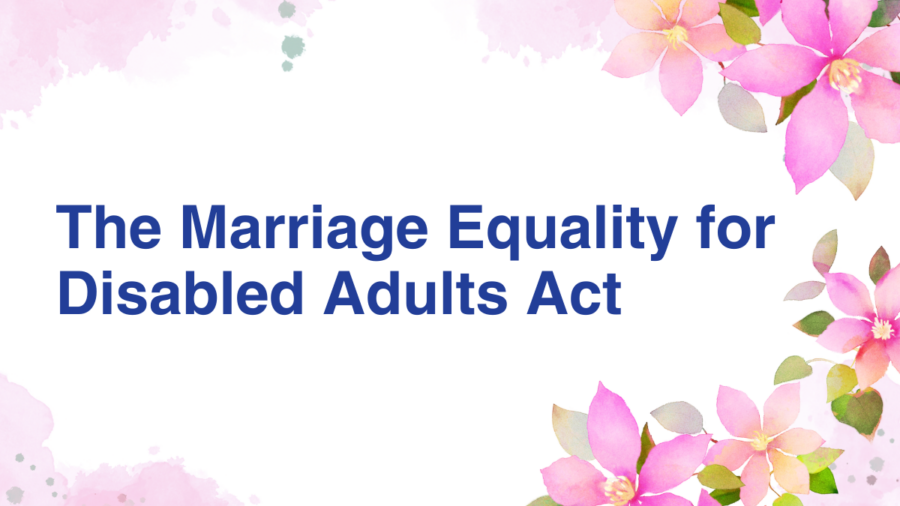
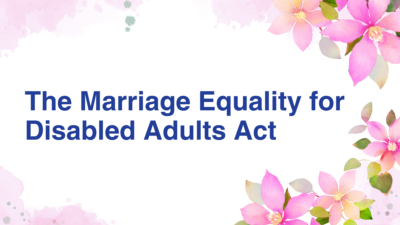 Under current law, more than one million Americans with lifelong disabilities who receive benefits as ‘Disabled Adult Children’ (DACs) lose their Social Security and Medicare benefits if they marry a non-disabled person. This can severely limit disabled individuals from having access to lives of their choosing, including marriage. People shouldn’t have to choose between marriage to the person they love and losing their benefits.
Under current law, more than one million Americans with lifelong disabilities who receive benefits as ‘Disabled Adult Children’ (DACs) lose their Social Security and Medicare benefits if they marry a non-disabled person. This can severely limit disabled individuals from having access to lives of their choosing, including marriage. People shouldn’t have to choose between marriage to the person they love and losing their benefits.